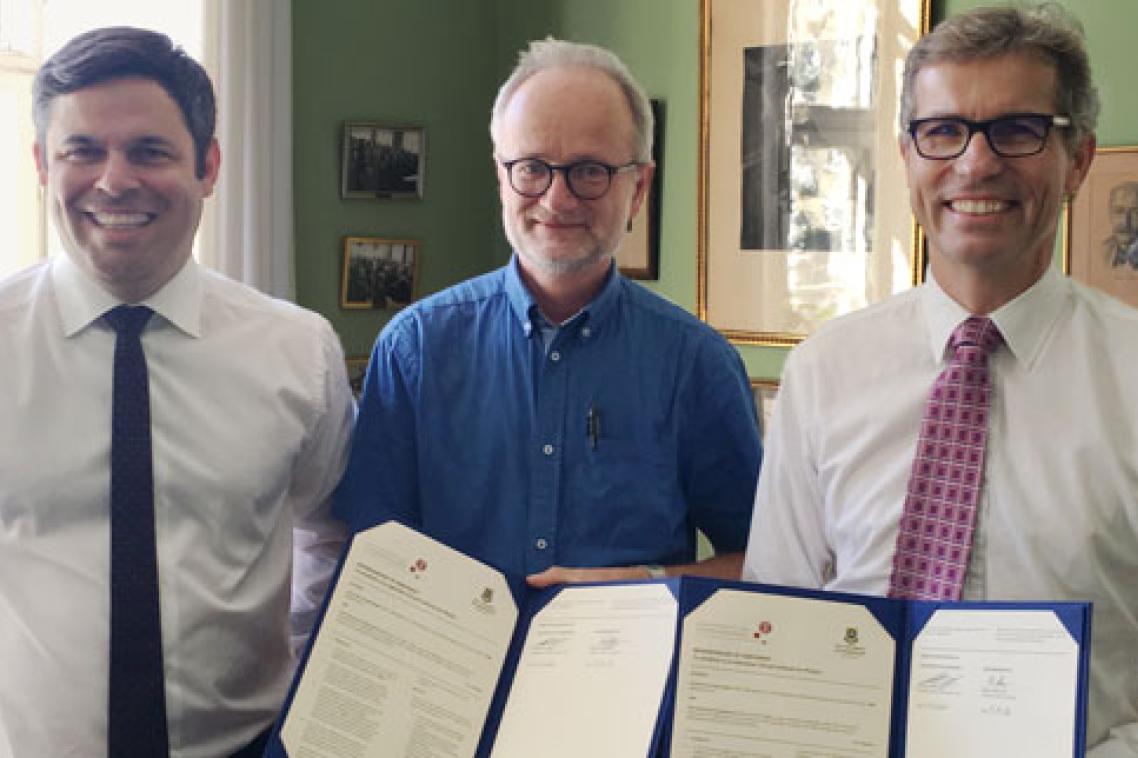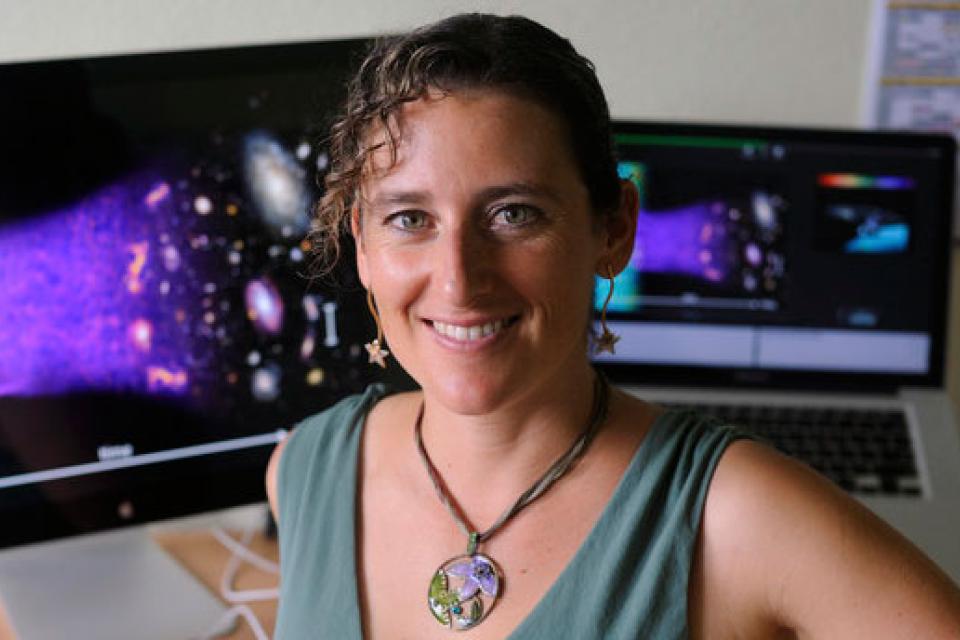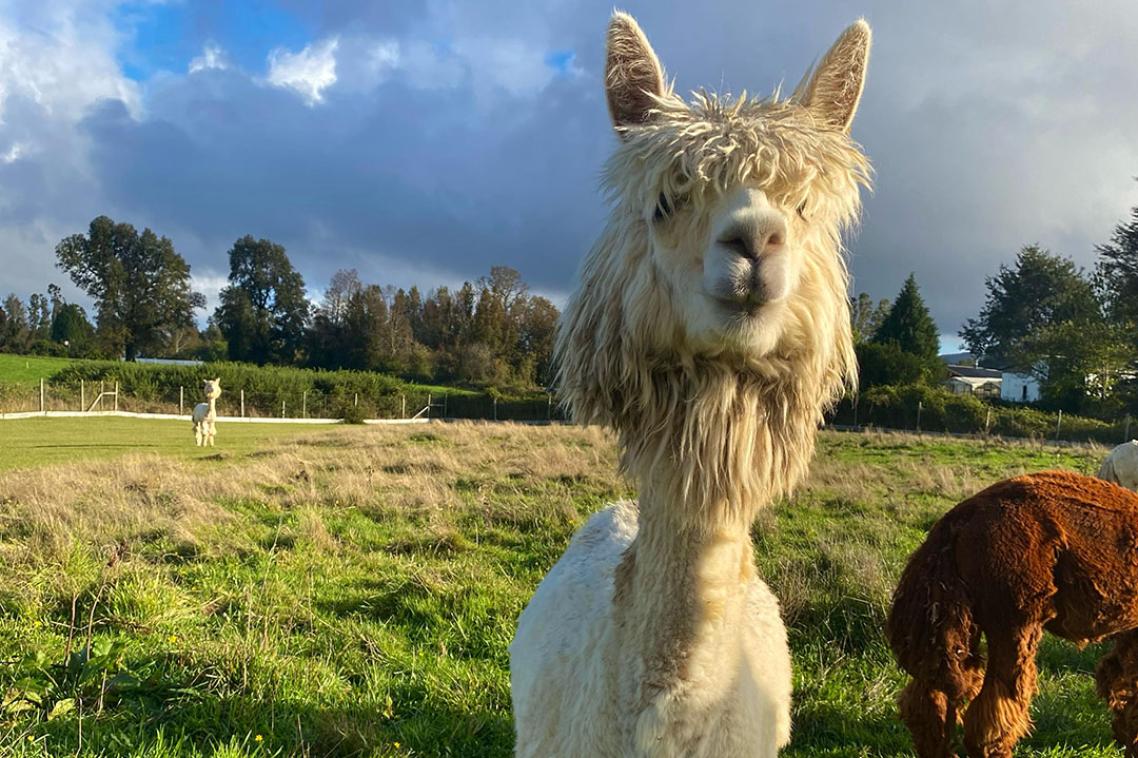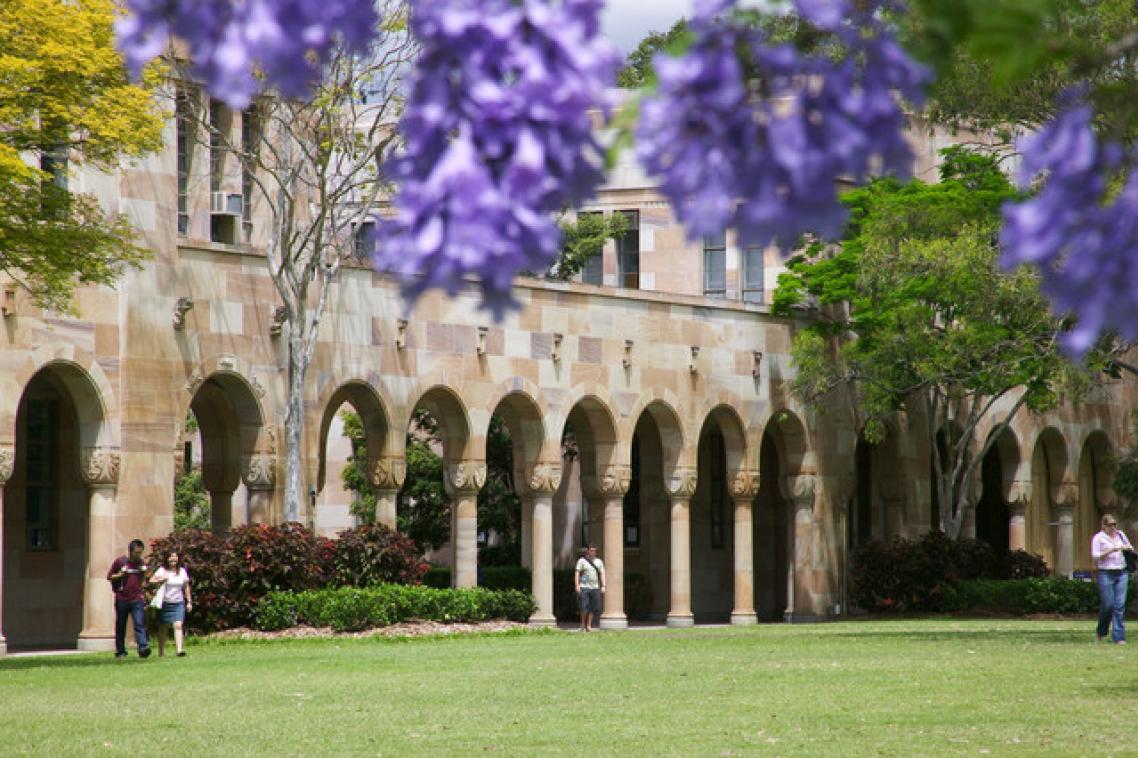UQ seals Copenhagen collaboration – on the big questions of the universe

The University of Queensland has strengthened ties with the Danish research institute that laid the foundations of modern physics.
UQ and the Niels Bohr Institute at the University of Copenhagen have established the Virtual Institute for Physics to promote education and applied fundamental research to further our understanding of the universe.
Founded by Niels Bohr, who won the Nobel Prize in 1922 for his pioneering model of the atom, the Institute has produced at least four Nobel laureates.
The European Physical Society has named it a Historic Site for its contribution to physics and research.
UQ astrophysicist Professor Tamara Davis said the new institute would build on UQ’s longstanding links with the University of Copenhagen and would further enable cross-pollination of ideas.

“I’ve benefitted enormously already from my existing links with the University of Copenhagen, which, among other things, led to our discovery that supermassive black holes can be used to measure the acceleration of the universe.”
“This was listed among Physics World’s top 10 breakthroughs of the year for 2011 and demonstrates how physics is becoming an ever-more collaborative discipline in an increasingly interlinked world.”
Professor Davis said the new institute would provide access to an expanded array of experiments and be a gateway to global opportunities for UQ students.
“It will give students important exposure to the international research environment, and the opportunity to experience the diversity of research approaches beyond our shores,” she said.
“I look forward to seeing the exciting discoveries that will come out of this initiative.”
Physical Sciences at UQ was rated at the highest level – “well above world standard” – in the 2015 Excellence in Research for Australia exercise.
Media: Professor Tamara Davis, t.davis1@uq.edu.au, +61 7 336 53433, 0432 526 989; Dr Jessica Gallagher, UQ Global Engagement, j.gallagher@uq.edu.au, +61 7 3346 7869.
Related articles

VIDEO: Tiny alpaca antibody has big impact on deadly viruses

UQ professor joins WHO advisory group on alcohol and drug use
Media contact
UQ Communications
communications@uq.edu.au
+61 429 056 139
